Poinsettia plants are popular during the holiday season. They are bright and colorful. Their red and green leaves add cheer to homes. But how do you take care of them? In this article, we will guide you. You will learn about light, water, and temperature. Let’s get started!
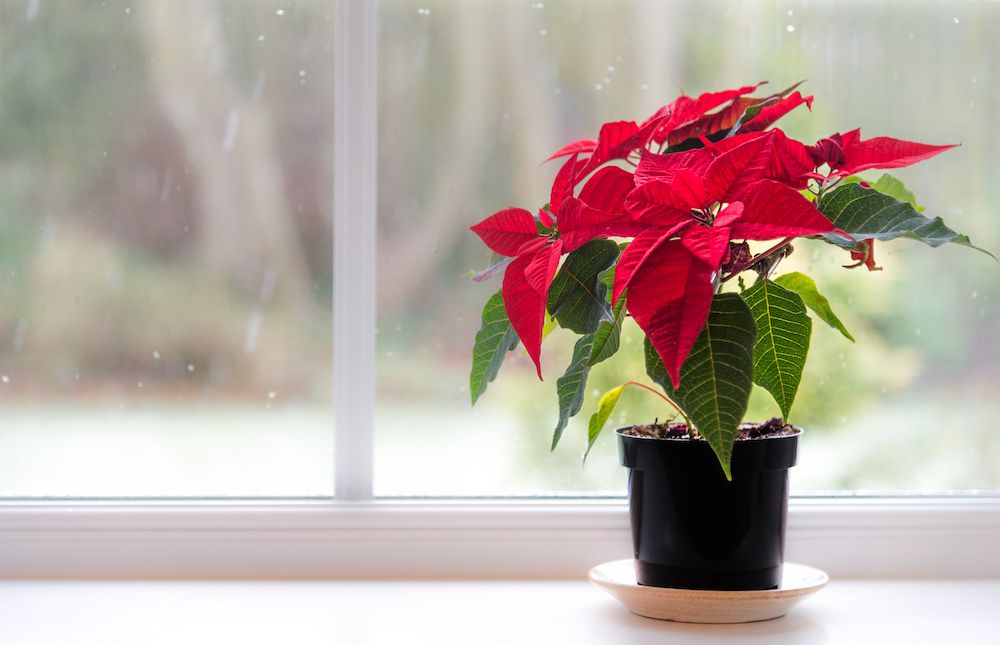
Credit: www.marthastewart.com
Understanding the Poinsettia Plant
Poinsettia plants come from Mexico. They are known for their bright bracts. These bracts look like flowers but are not real flowers. The real flowers are small and yellow. The plant blooms in winter. This is why people love them during Christmas.
Where to Place Your Poinsettia
Choosing the right spot is important. Poinsettias need bright light. They like indirect sunlight. Too much direct sun can hurt the leaves. A good place is near a window. But make sure the sun does not shine directly on it.
Light Requirements
Here are some tips for light:
- Keep the plant in bright, indirect light.
- Avoid placing it in dark rooms.
- Rotate the plant every week for even light.
Watering Your Poinsettia
Watering is very important for your plant. Poinsettias like moist soil. But they do not like to be soggy. Check the soil before watering.
How To Water
Follow these steps to water:
- Touch the soil. If it feels dry, it is time to water.
- Water until it drains from the bottom.
- Do not let the plant sit in water.
Signs Of Overwatering
Be careful not to overwater. Here are signs of overwatering:
- Leaves turn yellow.
- Leaves drop off.
- Soil feels wet all the time.
Signs Of Underwatering
Watch for signs of underwatering too:
- Leaves become crispy.
- Leaves change color to brown.
- Soil feels very dry.
Temperature and Humidity
Poinsettias like warm weather. They prefer temperatures between 65°F and 75°F. Avoid cold drafts. Do not place them near heaters or air conditioners.
Humidity Levels
These plants also enjoy humidity. You can increase humidity in a few ways:
- Group your plants together.
- Use a pebble tray with water.
- Spray the leaves with water.
Feeding Your Poinsettia
Feeding your plant helps it grow strong. Use a balanced liquid fertilizer. Feed it every two weeks during the growing season. This is usually in spring and summer.
When To Stop Feeding
Stop feeding in the fall. The plant goes into rest mode. This is when it prepares for winter.
Pruning Your Poinsettia
Pruning helps keep your plant healthy. You can prune your plant after it blooms. Cut back the stems. Leave about 4 to 6 inches of each stem.
When To Prune
Prune your poinsettia in March or April. This will help it grow back stronger. You can also shape it as you like.
Repotting Your Poinsettia
Sometimes, your plant needs a new pot. Repotting helps the roots grow. Choose a pot that is slightly bigger. Use fresh potting soil.
When To Repot
Repot your plant every 1 to 2 years. This keeps the soil fresh. It also gives the roots more space.
Common Problems with Poinsettias
Like all plants, poinsettias can have problems. Here are some common issues:
Pests
Pests can harm your plant. Look for small bugs. You may see white spots or webbing. If you find pests, treat them quickly.
Leaf Drop
If leaves fall off, check your care. It may need more light or water. It can also be from sudden changes in temperature.

Credit: extension.umn.edu
Keeping Your Poinsettia After the Holidays
Many people want to keep their poinsettias after Christmas. This is possible! Follow these steps to keep it alive:
Transitioning Your Plant
After the holiday season, change its care:
- Move it to a brighter spot.
- Continue watering and feeding as needed.
- Keep it warm and away from drafts.
Conclusion
Poinsettias are beautiful plants. They bring joy during the holidays. With proper care, they can thrive. Remember to give them light, water, and warmth. Follow these tips to keep your poinsettia happy. Enjoy your lovely plant all season long!

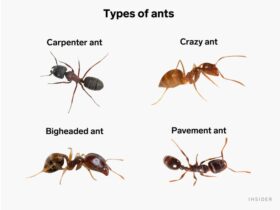
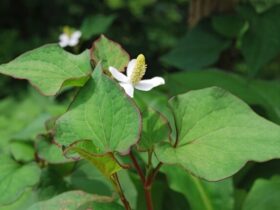
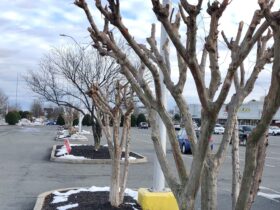

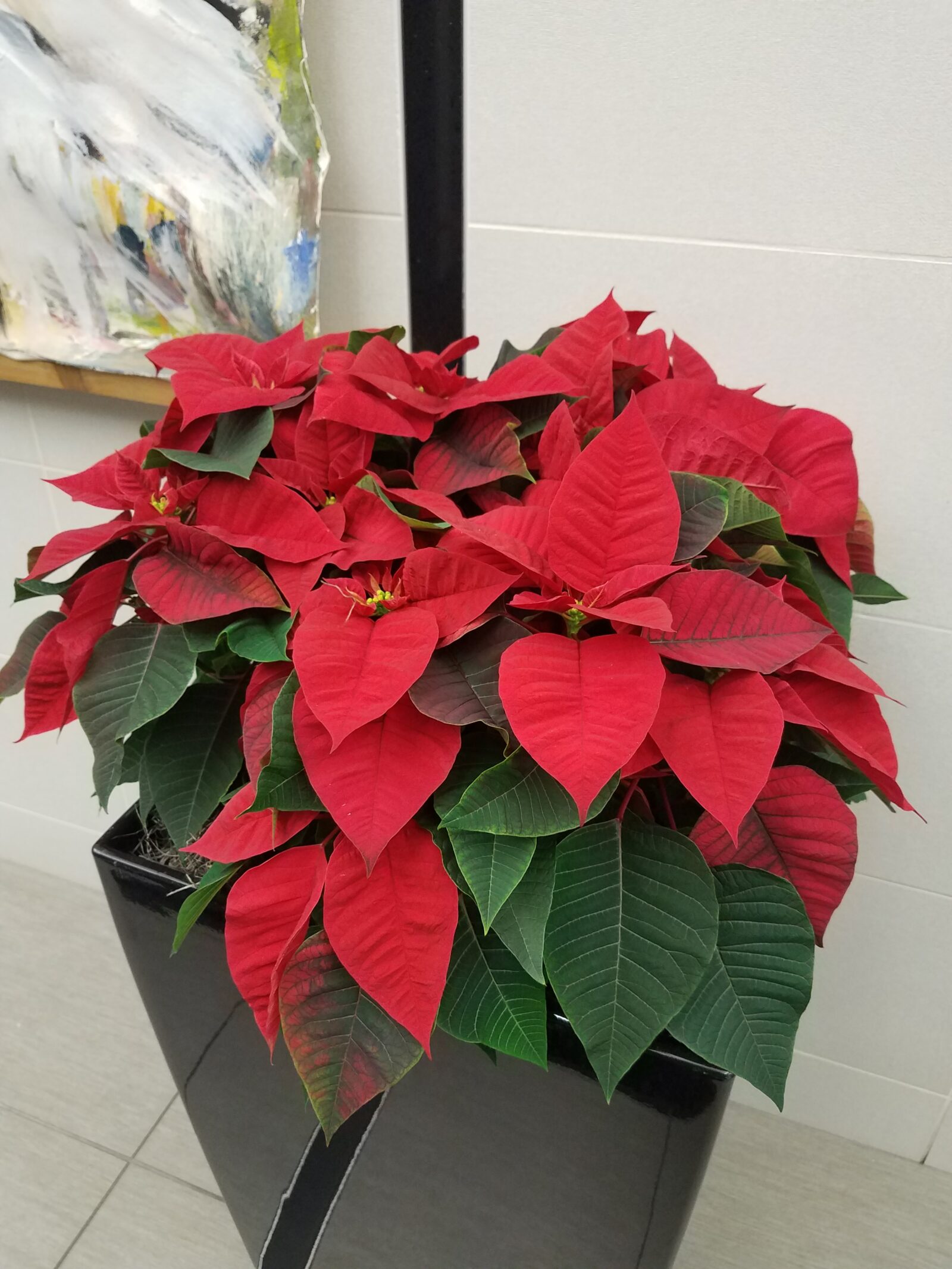
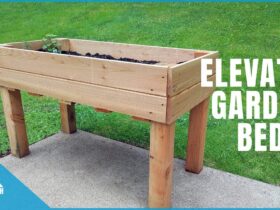


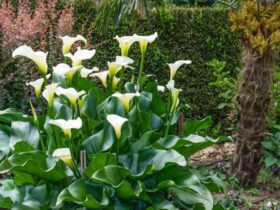
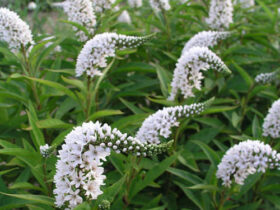
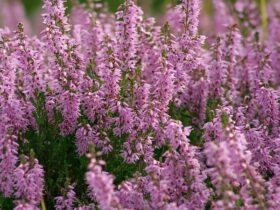
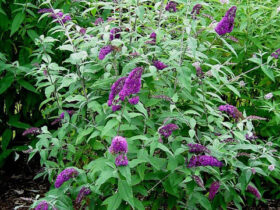

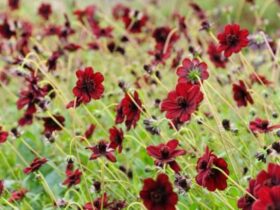
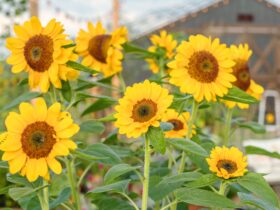
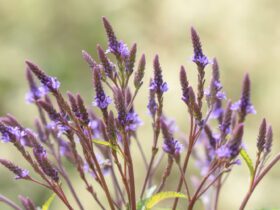
Leave a Review